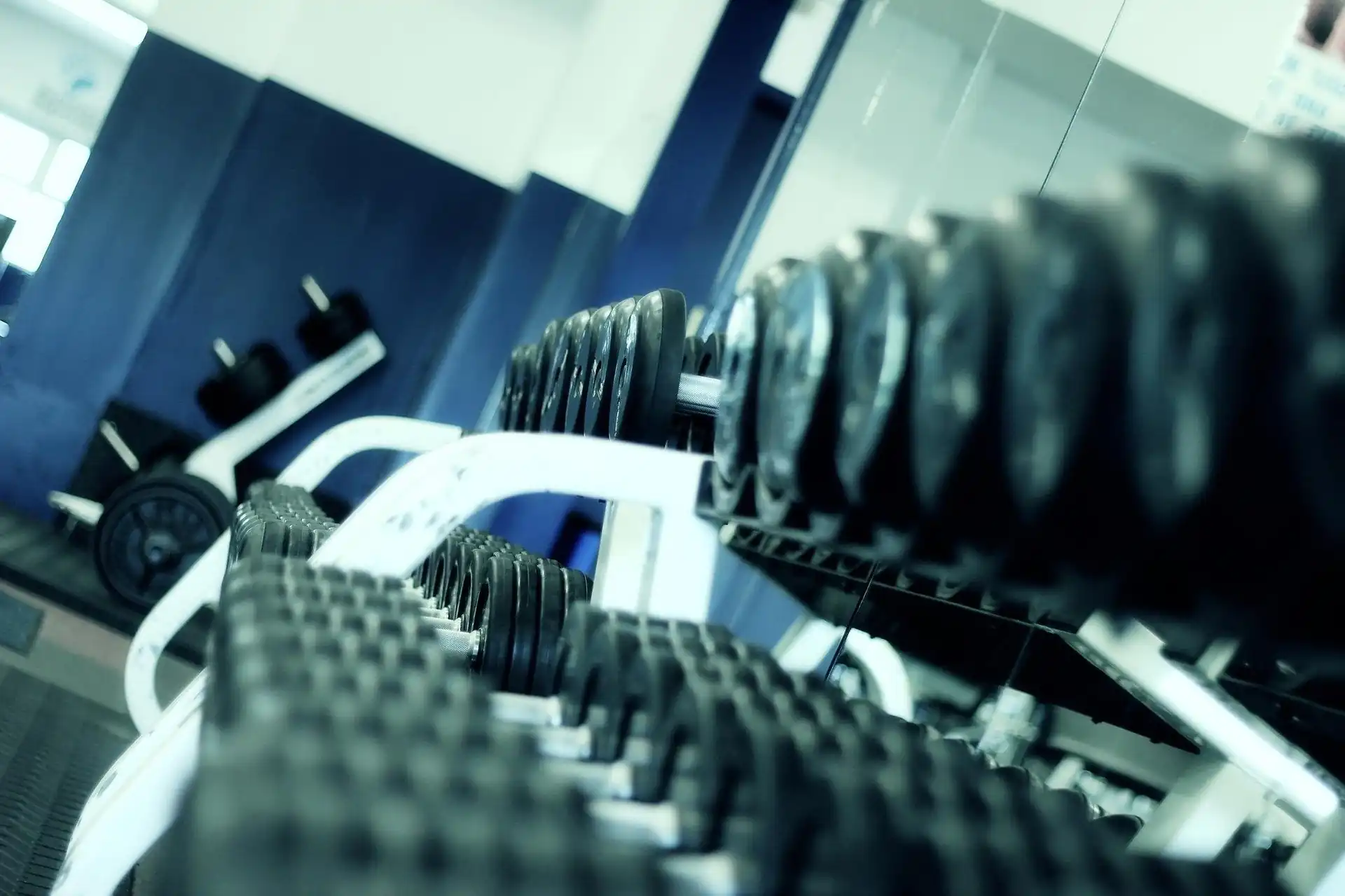
Strength Training
Volleyball is a sport that requires strength because it is a sport of high intensity bursts with intervals of rest. Strength training is typically performed with an external load such as weights or other external resistance which causes changes in both the muscles and the nerves that supply the activated muscles. You do not get more muscles, but the capacity and size of the muscles are increased and the ability of the nerves to activate the muscles is improved. The result is increased muscle strength. Strength training also strengthens the tendons and bones and has a positive effect on the body's metabolism. If you neglect strength training then you might as well neglect plyometrics and your chance of being your best version of a volleyball player.
Before You Start
If you want to start weight training, you should contact training centers or people who are competent in the field. Careful instructions and proper lifting techniques is essential for all those who are beginning to exercise strength to avoid injuries. You can also use the many YouTube videos available that can guide you with the proper form but be cautious and critical in your source.
For Best Results
Each set is performed in series of repetitions. Appropriate number of sets is 2-3 and number of repetitions 6-10. With 45-60 seconds rest between each set. If you can only perform a maximum of 6 repetitions because of the weight load, you are training with high intensity. This optimizes strength and power better than training with lower intensity. If you exercise with 8-15 repetitions, the intensity is moderate. You will then improve both muscle strength and muscle endurance. If you exercise with over 15 repetitions, the intensity is low. It gives better endurance in the muscles but not the same increase in muscle strength. To achieve the best possible increase in strength, the weight should be at least 70% of the maximum weight that can be lifted once . The body should have enough time for recovery, at least 48 hours should elapse between each session. that is, weight training should be limited to 2-3 times per week. Also, you should exercise all the major muscle groups and always warm up before strength training.
Proteins and Water
Eating a regular varied diet should give you enough proteins but diets vary greatly between countries. Adults should consume around 1 gram of protein per kilogram body weight per day at a normal level of activity. That is, 0.016 ounces per 1 pound body weight per day. If you weigh 75 kg (165 lbs.) you need around 75 grams (2.65 oz) protein. If you work out then you need more protein. There is an upper limit to how much the rate of protein buildup can be increased. Regardless of how much you work out, it gives no extra effect if you consume more than 2 grams of protein per kilogram body weight per day (0.032 oz per 1 lbs. per day). You can easily cover the need for protein through daily diet e.g. with dairy products, meat, beans or eggs. The best effect is gained when you eat protein rich meal in the hours before and after strength training. This gives you a greater effect of the training session you just completed. In addition, your muscles recover faster. Remember to also drink plenty of water when exercising. Depending on how long you have been active and under what conditions, you should drink ½ - 1 liter during the first 15 minutes. After your workout is completed you should continue to drink water until your fluid balance is restored (clear and light urine).